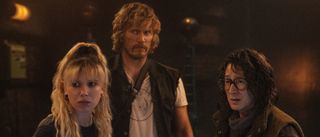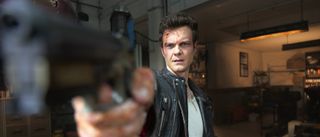Reviews
Latest Reviews

The Woman In The Yard Review: I'm Not Sure If It's Worse When It's Boring Or When It’s Nonsensical
By Eric Eisenberg published
Dull and chaotic proves not be be a good mix.

Warfare Review: War Movies Rarely Feel This Real
By Eric Eisenberg published
In its impeccable verisimilitude and constant intensity, it’s an awesome piece of work.
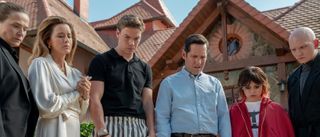
Death Of A Unicorn Review: I'm Here For The Gruesome Horror And Comedy, Not So Much For Jenna Ortega And Paul Rudd’s Family Drama
By Nick Venable published
Sometimes you have to take life (and death) by the horn.

A Working Man Review: I Was Hoping For Energy Like The Beekeeper, But This Is Just Grim And Bad
By Eric Eisenberg published
It’s serious, but can’t be taken seriously, and it’s dumb but never fun.

The Ballad Of Wallis Island Review: This Musical Dramedy Is A Cinematic Warm Hug That I Didn't Know I Needed
By Eric Eisenberg published
An immensely sweet and affecting film.
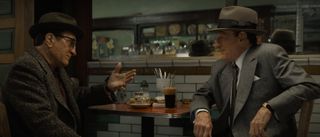
The Alto Knights Review: I Never Imagined A Robert De Niro-Led Gangster Movie Could Be This Epically Bad
By Eric Eisenberg published
Legends of the gangster genre swing and miss.

Snow White Review: I've Fallen For Rachel Zegler’s Adorable, Good-Natured And Surprisingly Romantic Snow White
By Sarah El-Mahmoud published
It’s worth taking another bite at this Disney classic.
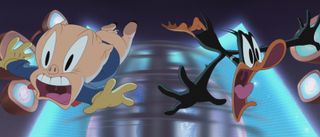
The Day The Earth Blew Up: A Looney Tunes Movie Review: This Is The Looney Tunes Movie I’ve Been Waiting For
By Mike Reyes published
It’s Earthling Season, and the planet couldn’t be in funnier hands.
CINEMABLEND NEWSLETTER
Your Daily Blend of Entertainment News
